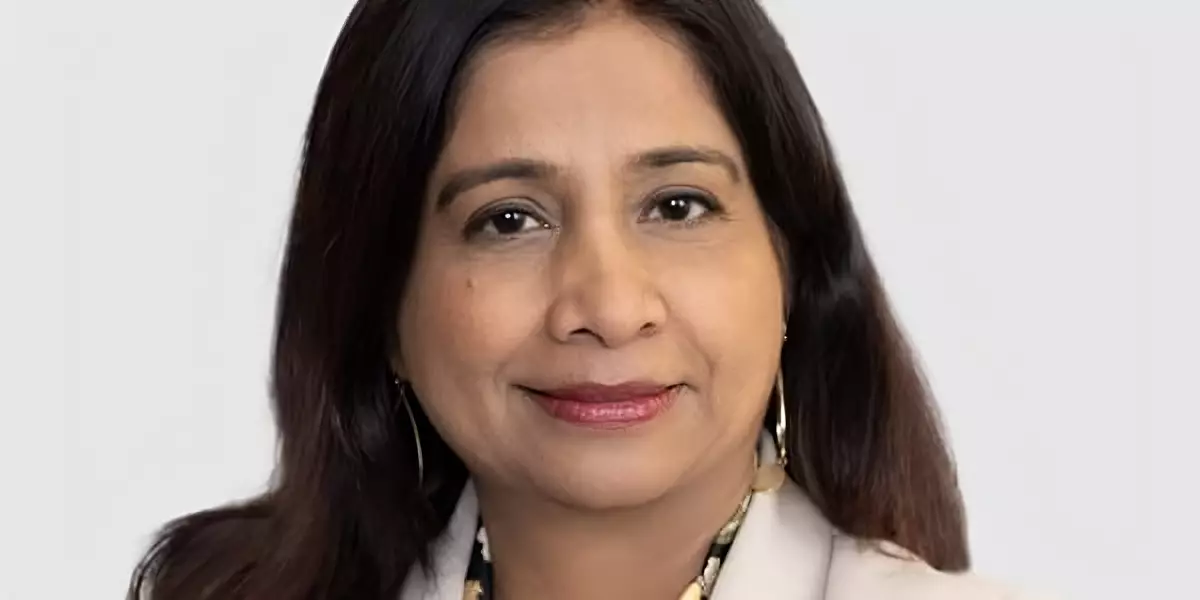The world of artificial intelligence (AI) has traditionally been dominated by male voices, yet a transformative shift is underway. Efforts to spotlight women in tech are gaining momentum, with initiatives dedicated to recognizing the invaluable contributions of female leaders in this space. One such leader is Raji Arasu, Chief Technology Officer of Autodesk, whose extensive career and insightful perspectives serve as a beacon for aspiring women in technology. Through her journey, it becomes evident that the integration of diverse voices is essential for the advancement of AI technology.
Raji Arasu’s career trajectory is a roadmap illustrating the potential for women in tech. Beginning her professional journey at Oracle in 1993, Arasu navigated through roles with companies like eBay, StubHub, and Intuit, ultimately securing her position at Autodesk. Her hands-on experience in the tech industry has equipped her with a robust understanding of the intricacies of software development and AI. Arasu’s tenure in various leadership roles emphasizes the importance of adaptability and resilience, particularly in an environment where traditional approaches often struggle to address complex challenges.
AI has been a tool of choice for Arasu to address these complexities. She emphasizes that when conventional software methods fail, AI provides innovative solutions, especially in managing unstructured data. This highlights an essential quality in leadership: the willingness to embrace modern solutions when faced with outdated methodologies. Her experiences demonstrate that success in tech demands not just technical expertise, but also a readiness to disrupt the status quo.
Throughout her career, Arasu acknowledges the critical role played by mentors and support networks. She credits a diverse set of mentors for enhancing her confidence and helping her navigate challenges effectively. This theme of support underscores the need for women in tech to uplift one another and create pathways for success. Arasu’s commitment to championing diversity, equity, and inclusion (DEI) initiatives reflects her understanding that technology thrives in an environment enriched with diverse perspectives.
By actively promoting the inclusion of women and marginalized groups in leadership and decision-making, Arasu aims to cultivate an industry that reflects a broad array of experiences and viewpoints. This is particularly vital given the nuanced nature of technology development and its implications across various sectors.
Arasu’s insights into the AI landscape reveal both excitement and caution. While the potential for AI to revolutionize industries is profound, she recognizes inherent risks, such as bias and privacy concerns. These challenges make it essential to construct a robust framework that guides ethical AI practices. Arasu advocates for thorough collaborations among industry leaders and governmental bodies to devise informed policies that mitigate these risks effectively.
An essential part of this effort is emphasizing the role of women’s voices in policy-making. Arasu insists that inclusive participation is crucial for groundbreaking outcomes. Her belief that collaborations must be multidisciplinary echoes a broader trend in the tech industry that stresses the necessity of diverse teams in addressing complex societal issues.
On the subject of building AI systems ethically, Arasu points out that transparency and clarity must be at the core of development practices. Trust is vital when users interact with AI-driven technologies; therefore, being transparent about how these systems operate is non-negotiable. Organizations must adopt practices that prioritize data protection and comply with global privacy standards to foster user trust effectively.
Arasu passionately advocates for the incorporation of diverse viewpoints in the design and governance of AI systems. By doing so, companies can significantly reduce biases while also addressing the risks integral to AI deployment. Continuous monitoring and accountability within AI development processes ensure that these technologies meet their intended goals without compromising ethical standards.
Raji Arasu’s journey exemplifies the critical intersection of technology, leadership, and advocacy for women in AI. Her commitment to creating inclusive spaces and ethical practices highlights the essential role of diverse voices in shaping the future of technology. As the AI landscape continues to evolve, Arasu’s contributions serve as a reminder of the positive change that can emerge from collaborative efforts. Empowering women in AI is not merely a moral imperative; it is essential for developing technology that comprehensively serves a diverse society.

